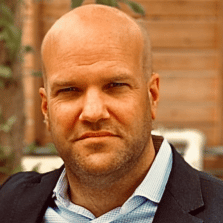
BENZODIAZEPINE ADDICTION & TREATMENT

Seeking treatment? Questions?
Get 24/7 confidential help now:
Or Receive A Call:
Last Medically Reviewed 15 November 2022
BENZODIAZEPINE ADDICTION
Benzodiazepines are nervous system depressants that fall under the class of tranquilizers, and are usually found under the following brand names:
- Xanax
- Valium
- Klonopin
- Ativan
- Halcion
- Dalmane
Benzodiazepines are often prescribed to people suffering from anxiety, insomnia, and stress. In some cases, they may be administered before surgery. Benzos are highly addictive when not taken as prescribed. When abused, benzos can be more dangerous than the mental illness they were prescribed to treat. One of the dangers of benzodiazepines is that they can be habit forming even when not abused. Dependency can form in as little as three weeks of continued use.
UNDERSTANDING BENZODIAZEPINE
ADDICTION
When people abuse prescription drugs such as Xanax or Valium, they develop benzodiazepine addiction. This might involve purchasing the medication illegally, taking higher doses than prescribed, and using the medication for a prolonged period. Addiction is unlikely if a patient takes the medication as prescribed, although benzodiazepines can still be habit forming in certain individuals, even if only taken for a couple of weeks.
Legislators in the United States were aware of this and enacted legislation to curb benzodiazepine usage. Most notably, benzodiazepines were classified as Schedule IV substances by the 1970 Controlled Substances Act, implying they have a high potential for misuse and addiction and have limited medicinal usefulness.
WHAT ARE
BENZODIAZEPINES
Benzodiazepines, usually known as benzos, are psychoactive drugs prescribed by doctors to patients suffering from anxiety and sleeplessness. There are about a dozen different types of benzos, each with its specific function. Some benzos can treat various diseases, but the most common use of this medication is to relieve anxiety. Benzos are used to treat more than just psychological disorders. They can also be used to assist people who are physically ill. Certain benzos are used to treat convulsions in patients with cerebral palsy or to soothe a patient before surgery.
Benzos reduce brain activity by boosting the effects of gamma-aminobutyric acid (GABA) and delaying physiological nerve impulses. This causes tiredness, uncoordinated movements, decreased response times, and other symptoms. Though the action mechanisms are nearly identical across all benzos, there are a few important variances amongst the drug’s varieties. Each medicine, for example, has its own dose, half-life, abuse potential, and absorption time.
THE RISK OF BENZODIAZEPINE
ADDICTION
Benzos are habit-forming sedatives, which means that they might lead to addiction if not used as prescribed. People who repeatedly take benzos may enjoy its euphoric and sedative effects. As they try to replicate the initial highs, they eventually develop tolerance to the drug’s effects. Contributing to the increasing numbers of people addicted to benzos are the drug’s ready availability. According to Psychology Today, 66 million individuals left doctor’s offices with benzodiazepine prescriptions between 2014 and 2016, accounting for 27 out of every 100 visits.
According to the Centers for Disease Control and Prevention, overdoses using benzos were eight times higher in 2018 than in 1999. When benzos are taken with other mind-altering substances, particularly opioids, the risk of fatality increases. The availability of benzos to people who already struggle with addiction is of great concern.
WARNING SIGNS OF BENZO DRUG ABUSE
& ADDICTION
It is important to recognize the warning signs of benzo addiction.
Some common signs of benzo addiction include:
- Drowsiness
- Slurred Speech
- Blurred Vision
- Weakness
- Lack of Coordination
- Slowed Breathing
- Mood Swings
- Visiting numerous different doctors in order to obtain a benzo prescription
- Stealing benzos, or illegally sourcing benzos
Another common sign that a person is abusing benzos is if they need to take increasingly higher doses in order to feel the desired effects. This is where the risk of overdose comes in. Mixing benzos with alcohol and other drugs is another dangerous symptom of benzo addiction. These combinations can lead to a range of dangerous side effects and even fatal overdose.
BENZO ADDICTION
TREATMENT
The best way to overcome benzo addiction is through inpatient treatment at a certified rehabilitation facility. Kicking benzo addiction is very difficult, and the symptoms of withdrawal can be uncomfortable and even life threatening. When attempting to detox without the help of a medical professional, the rates of relapse are high. During inpatient treatment, patients will receive round-the-clock care from a staff complement of highly qualified addiction treatment specialists.
The patient undergoes treatment based on an individualized treatment plan that is tailored to their unique needs and the nuances of their addiction. The first step in benzo addiction treatment is usually benzo detox, which will be done under the guidance of our in-house medical professionals. The goal of benzo detox is to remove the patient’s physical dependence on benzos. If required, medication will be administered to ease the symptoms of withdrawal.
Benzodiazepine withdrawal symptoms may include:
- Headaches
- Muscle Spasms
- Nausea
- Vomiting
- Upset Stomach
- Restlessness and Agitation
- Insomnia
- Dizziness
- Changes in heart rate
In some cases, patients may experience severe withdrawal symptoms. This is more likely when the patient has been abusing benzodiazepines for a long period of time, and in high doses. This is why it is imperative that detox is never attempted at home. Psyclarity Health offers premium addiction treatment centers throughout the United States. Medical detox is only safe when done as part of a closely monitored benzodiazepine addiction treatment regime at a registered substance abuse treatment center like Psyclarity Health.
Once benzodiazepine discontinuation has been completed, the patient can undergo the full treatment process, which usually includes a range of therapies, such as:
If there are any co-occurring disorders, the treatment plan will address these too.
GET HELP FOR BENZODIAZEPINE
DEPENDENCE TODAY
Psyclarity Health has facilities around the country offering premium, specialized addiction treatment that incorporates proven, cuttingedge treatment modalities. We work with patients to develop a comprehensive, individualized treatment plan that addresses all aspects of the individual’s needs and addiction. If you or a loved one are struggling to overcome severe benzodiazepine dependence, get in touch with us today. We will guide you to your nearest Psyclarity Health facility to get the help you need.
MAKE THE CALL
Don’t go through the process of recovery alone.
There are people who can help you with the struggle you’re facing. Get in touch with one today.
Call Now: 855-924-5350
GET THE CALL
Enter your phone number below to request a call from a treatment professional.







